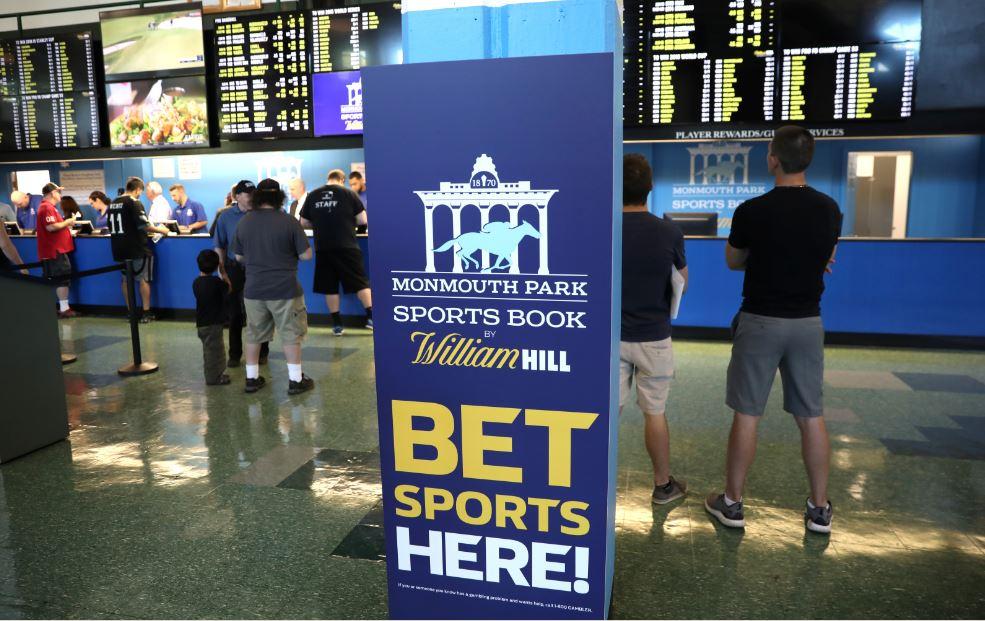Sports betting activity in New Jersey nearly doubled in the month of September, growing to $183.9 million compared with $95.6 million the prior month, on a wave of new internet wagers and the start of football season, according to figures released on Oct. 12.
On-site sports wagers placed at casinos and racetracks rose by $5.1 million to $79 million in the month of September, a 7 percent increase, data from the New Jersey Division of Gaming Enforcement showed.





